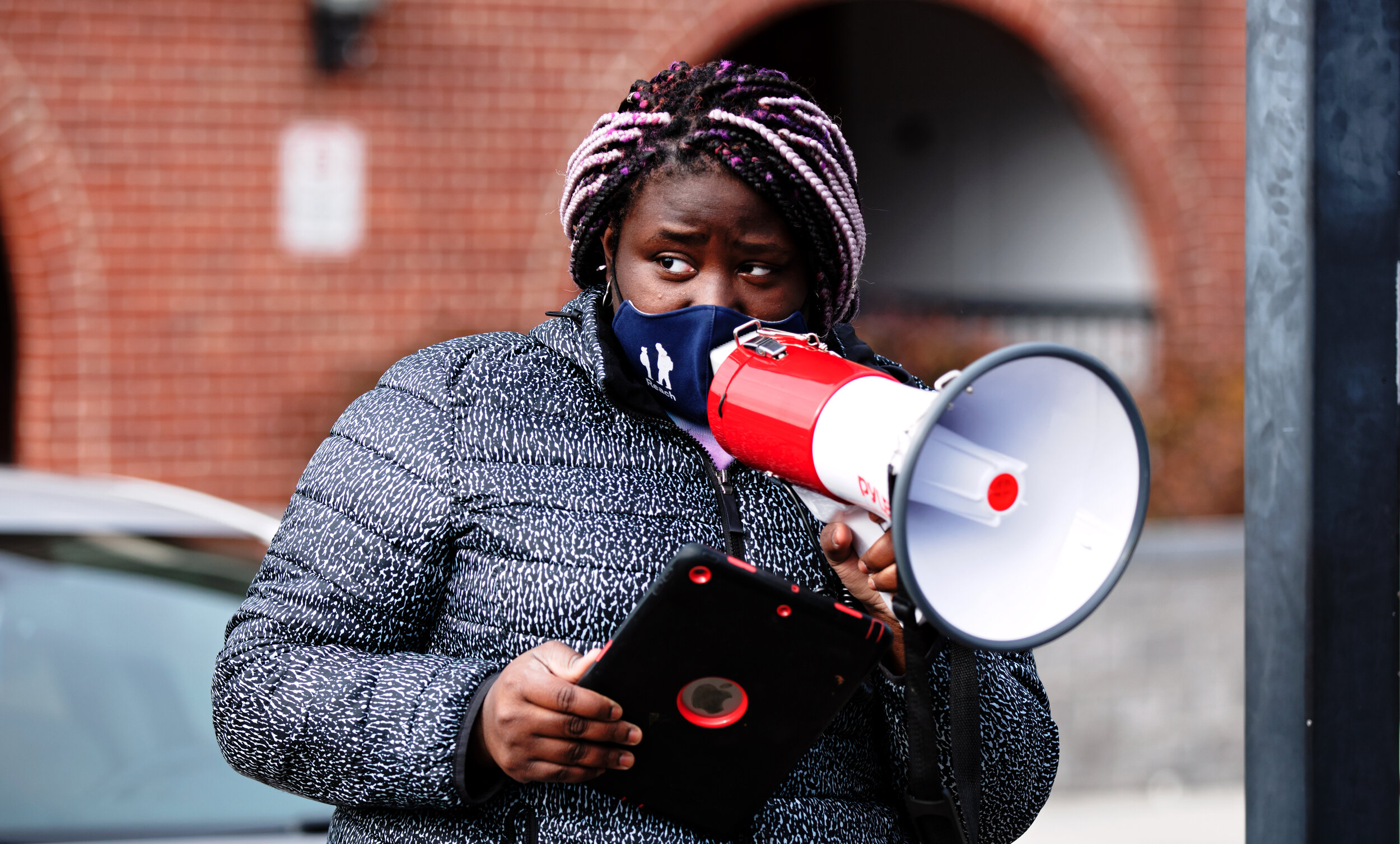
2025 Black Youth Agenda
The Black Swan Academy’s 2025 Black Youth Agenda was created in collaboration with middle and high school youth. The agenda raises the unique concerns of Black youth living in the District of Columbia and aims to create positive systemic change through public policy and youth organizing at the local level.
Together we Declare:

Where Dreams Come HOME
Youth and their families need investments into
quality and affordable housing where repairs are
made in a timely manner.
“My personal experience with housing is being evicted at a very young age and having to experience that at a very small child and not knowing what being evicted meant at that age and being on the streets for 2 days when I was 8.”
DID YOU KNOW:
Over 90% of public housing residents are Black.
Only 18% housing vouchers from 2022-2023 were used.
Four out-of-five public housing units are in need of repair
Not having a stable place to live makes it more likely for youth to be bullied, feel sad or hopeless (depression), and
have thoughts of hurting themselves.
Our DEMANDS:
Increase access to affordable quality housing and ensure units are available for larger families
Expand funding and access to utility assistance
Use of quality materials for new housing developments and Timely/quality repairs for existing public housing and low-income housing
Let’s Talk, Don’t Shoot
Address violence by investing in the community and supporting community driven solutions that move beyond policing.
“At school, there are multiple lockdowns and violence alerts. Sometimes, we go into lockdowns when school drama escalates to violence inside and outside of the school. Other times, we go into lockdowns in response to violence that is happening near the school even when it’s unrelated to school drama.”
DID YOU KNOW
One in five youth in D.C. report feeling unsafe going to/from school
One in three youth in D.C. report witnessing violence on or near school property
D.C. youth are more likely to be exposed to community violence than peers nationally
Youth who see or go through violence often feel more sad, worried, or angry. They may have a harder time in school and are more likely to try drugs or alcohol
Our DEMANDS
Increase quality rehabilitation programs and trauma therapy resources
Fund community- led trainings to strengthen our community’s skills and capacity around mediation, conflict resolution, de-escalation techniques, and healthy coping mechanisms
Decrease access to weapons with more background checks

YOUTH VOICES 4 RESOURCES
Youth under the age of 18 need access to essential resources and social support.
DID YOU KNOW:
DC's youth unemployment rate is higher than the national average.
For every five Black youth without a job there is only one White young person without a job.
71% of Black DC youth ages 18-24 reportedly experience unemployment.
Youth are unable to apply for social service resources on their own under the age of 18.
Youth experiencing poverty are at a significantly higher risk for mental health issues due to lack of resources, stress, and exposure to trauma.
our DEMANDS:
Provide access to year round employment, job training, and paid internship programs
Independent benefits for youth under age 18
24 hour access to spaces in the community; including recreation centers and youth shelters
DOWNLOAD OUr Black Youth Agendas






